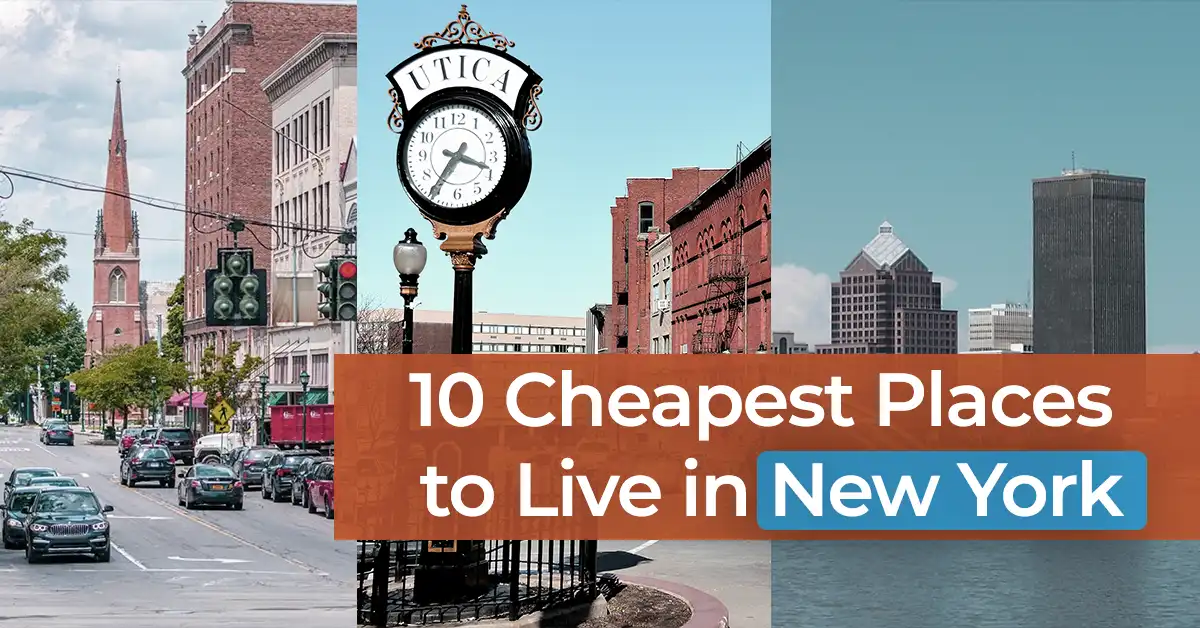VA loan: For veterans, service members, and their families, VA home loans offer an incredible opportunity to achieve homeownership with favourable terms. Whether you’re looking to buy, build, or improve a home or refinance an existing loan, VA programs provide flexible options. These programs are available within the United States and its territories, including Puerto Rico and the Northern Mariana Islands.
This guide will explore topics such as What is a VA loan and how does it work? What Is The VA Seller Concession Rule?, What are the advantages and disadvantages of a VA loan?, and other key points to help you understand VA loans fully.
Table of Contents
What is a VA loan and how does it work?
A VA loan is a mortgage option provided to eligible veterans, service members, and certain military spouses. There are two primary types of VA loans: VA direct home loans and VA-backed home loans. Here’s how they differ:
- VA Direct Home Loan:
The U.S. Department of Veterans Affairs (VA) serves as your lender. You work directly with the VA to apply for and manage the loan. The Native American Direct Loan (NADL) program is an example of a VA direct loan that often offers better terms than private lenders. - VA-Backed Home Loan:
In this case, the VA guarantees a portion of the loan you secure from a private lender, such as a bank or mortgage company. This guarantee reduces the risk for the lender, often allowing for no down payment and favourable terms. However, lenders may require you to meet additional credit or appraisal standards.
What Is The VA Seller Concession Rule?
Seller concessions are benefits offered by the seller to reduce the buyer’s financial burden. For VA loans, these concessions can include:
- Paying the VA funding fee.
- Covering specific debts, such as credit card or auto loans.
- Prepaying property taxes or insurance premiums.
- Funding temporary or permanent interest rate buydowns.
- Providing closing gifts like appliances or furniture.
However, seller concessions cannot exceed 4% of the loan amount. It’s important to distinguish these from closing costs, which the seller can cover without counting toward the 4% limit.
Also Read:
- First-Time Homebuyer Programs in the USA 2025-2026
- FHA Loans: Requirements, Eligibility, Interest Rates, Pros and Cons and More in 2025-2026
- How do you apply for a USDA Loan in Washington State? Tips for Success in 2025!
- 20 Cheapest, Safest Places to Live in the US in 2025-2026
- How to Live Affordably in California (2025–2026)?
- 15 Best Affordable Suburbs Near Major US Cities
- 10 Most Affordable US Cities to Live in 2025-2026
- Simple Tips to Save Money While Living in the USA
What are the advantages and disadvantages of a VA loan?
Understanding the pros and cons of VA loans will help you determine if they’re the right fit for your homeownership goals.
Advantages:
- No Down Payment:
VA loans typically allow 100% financing, making homeownership accessible without the need for a large upfront payment. - No Private Mortgage Insurance (PMI):
Unlike conventional loans, VA loans don’t require PMI, which can save hundreds of dollars monthly. - Lower Interest Rates:
VA loans often come with lower interest rates compared to conventional loans. - No Prepayment Penalties:
Borrowers can pay off their VA loans early without any financial penalties.
Disadvantages:
- VA Funding Fee:
Borrowers must pay a one-time funding fee, which can increase the overall cost of the loan. - Loan Limits for Manufactured Homes:
Manufactured homes may require a down payment and might not qualify for a 30-year term. - Not for Investment Properties:
VA loans are strictly for primary residences and cannot be used for rental properties. - Potential Overborrowing:
Adding the VA funding fee to the loan balance can result in borrowing more than the home’s market value.

VA loan first-time home buyer programs
VA loans are particularly attractive to first-time homebuyers due to their lenient requirements and benefits. For those new to the process, the following points are crucial:
- Eligibility: First-time buyers must meet service requirements, including active-duty service or time served in the National Guard or Reserves.
- No Down Payment: Unlike many conventional loans, VA loans don’t require a down payment.
- Competitive Rates: First-time buyers benefit from lower interest rates compared to traditional mortgage options.
- Financial Counseling: Many VA programs offer resources to educate first-time buyers on the home-buying process.
What are the minimum requirements for a VA loan?
To qualify for a VA loan, you must obtain a Certificate of Eligibility (COE) that verifies your service history. Here are the basic requirements:
- Service Criteria:
- Active service for 90 consecutive days during wartime.
- 181 days of active duty served during a period of peacetime.
- Serving six years in the National Guard or Reserves.
- A spouse of a service member who died while in service or due to a service-related disability.
- Discharge Conditions:
If you don’t meet the service duration requirements, eligibility may depend on discharge reasons, such as hardship, reduction in force, or service-connected disabilities.
You can obtain your COE through a VA-approved lender, the VA’s eBenefits portal, or by submitting VA Form 26-1880 by mail.
What is the VA 70 40 rule?
The VA 70-40 rule is essential for determining eligibility for Total Disability Individual Unemployability (TDIU) benefits. Here’s how it works:
- A veteran must have at least one service-connected disability rated at 40% or higher.
- Combined disability ratings must total 70% or higher.
If these criteria are met, the veteran may qualify for TDIU benefits, providing compensation at the 100% disability rate. This rule ensures financial support for veterans whose service-connected conditions prevent them from maintaining gainful employment.
Explaining Closing Costs vs. Seller Concessions
Understanding the distinction between closing costs and seller concessions is vital. Closing costs are standard fees tied to the mortgage process, such as:
- Origination Fees: Costs for processing the loan application.
- VA Appraisal Fees: Charges for assessing the home’s value and meeting VA standards.
- Title Insurance: Protects against disputes over property ownership.
- Attorney Fees: Required in some states for conducting the closing.
While sellers can agree to pay all closing costs, these payments don’t count toward the 4% seller concession limit.
Is a VA loan better than a conventional loan?
The answer depends on your financial situation and home-buying needs. If you qualify for a VA loan, its benefits—such as no down payment, competitive rates, and no PMI—often outweigh those of conventional loans. However, the VA funding fee and restrictions on rental properties might make conventional loans a better choice in some cases. Consulting a VA-savvy real estate agent or lender can help you determine the best path forward.
VA loans offer unparalleled opportunities for eligible veterans and service members, providing flexible and favourable terms to make homeownership accessible. Whether you’re exploring VA loan first-time home buyer programs or trying to understand the VA 70 40 rule?, these loans are designed to honour the sacrifices of those who served. By understanding the nuances of What is a VA loan and how does it work?, and considering both the advantages and disadvantages, you can make an informed decision that aligns with your financial goals and homeownership dreams.
FAQ:
VA loan first-time home buyer programs
The VA loan program is highly beneficial for first-time home buyers, offering:
100% financing options
Lower interest rates
Easier qualification terms compared to conventional loans
To apply, ensure you meet VA loan eligibility requirements and secure a Certificate of Eligibility (COE) to present to your lender.
How do I get a Certificate of Eligibility (COE) for a VA loan?
You can obtain a COE through:
A VA-approved lender
The VA’s eBenefits portal online
Mail by submitting VA Form 26-1880
Lenders often help secure the COE using your Social Security number and date of birth.
Can I use a VA loan for rental properties?
No, VA loans are not intended for investment or rental properties. They are designed for owner-occupied homes.
Are there additional benefits for Native American veterans?
Yes, the Native American Direct Loan (NADL) program offers better terms than private lenders for Native American veterans, such as no down payment and reduced interest rates.
Is there a limit on seller concessions compared to FHA or conventional loans?
Yes, VA loans allow up to 4% in seller concessions, which is higher than the 3% limit for conventional loans but lower than the 6% for FHA loans.
Do I need a minimum credit score for a VA loan?
The VA does not set a specific credit score requirement, but private lenders may require a minimum credit score, typically around 620 or higher.












